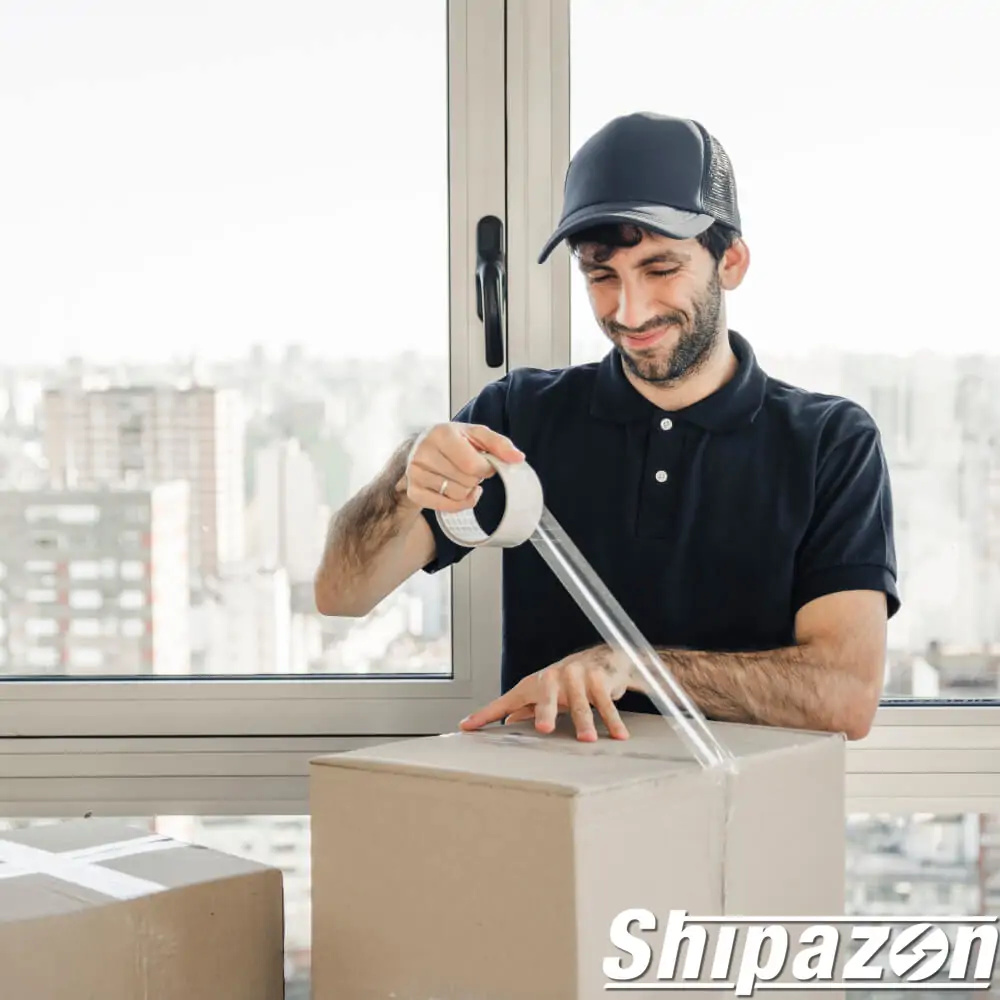In international trade and logistics activities, shipping activities are an essential process. However, as the volume of shipments increases, the risk of damage, loss, or theft increases. To anticipate these various bad possibilities, companies and business actors are strongly advised to use cargo insurance as an effective form of protection.
Transportation insurance is a type of insurance that protects goods during the shipping process. Insurance can apply to sea, air, or land cargo. Purchasing this insurance is mandatory, especially for importers or exporters who actively ship goods.
Contents
Why is Cargo Insurance Important?
Imagine sending electronic products worth thousands of dollar by ship or cargo plane. In the middle of the journey, the ship experiences a severe storm, or the plane experiences extreme turbulence that causes the goods to be damaged or lost.
Without insurance protection, the loss must be borne entirely by the owner of the goods. This not only has a financial impact, but can also damage the reputation and continuity of the business.
In this condition, insurance is present as a safeguard. Insurance protects against risks that may occur while transporting goods, whether by sea, land, or air. With a relatively small premium compared to the value of the goods, the protection offered is very valuable, especially for high-value goods such as heavy equipment, electronics, jewellery, or industrial raw materials.
You can use some of these valuable tips to choose the right insurance. The first tip is to understand the value of the goods being sent. The higher the value of the goods, the greater the risk of loss if something happens. You can use the type of insurance service that covers all losses for high-value goods. Review the shipping route. You should choose comprehensive protection if the route involves areas prone to bad weather or theft.
The next important thing is to know the type of transportation mode. Sea transportation has risks that are different from air or land transportation. You must read the policy thoroughly. Ensure you know the policy exclusions, claim procedures, and required documents. You can also consult with an insurance provider. A good insurance provider will help recommend the type of insurance that suits your business needs.
Types of Cargo Insurance
Several types of insurance can be chosen according to your needs and level of shipping risk. Each type has different coverage. Here are the three main types that are most commonly used:
All Risk for Comprehensive Protection
All Risk is the type of insurance with the broadest coverage. As the name implies, this policy covers almost all risks that may occur during the journey of goods. However, some risks are explicitly excluded in the agreement.
Therefore, you must read the policy thoroughly. The general coverage in this insurance is physical damage to goods due to accidents. Theft or robbery conditions are also included in this coverage. In addition, other coverage includes fire, ship sinking, extreme weather changes, and poor handling during loading and unloading.
An example of an all-risk insurance type case is a company sending a machine from the “place of origin” to the “place of destination”. During the journey, the container containing the machine fell from the crane while loading and unloading at the transit port. As a result, the machine was severely damaged. If insured with an All Risk policy, this damage can be claimed in full because it is included in the risks covered. Therefore, all risk is ideal for companies that ship high-value goods and want maximum protection.
Total Loss Only (TLO) for Compensation in the Event of Total Loss
Total Loss Only (TLO) insurance provides protection only in the event of total loss or damage to the shipped goods. This means that it cannot be claimed if the damage is only partial or the goods are lightly damaged. General coverage in this type of insurance is the loss of all cargo due to sinking, total fire, or theft of the entire cargo. Other coverage is for a significant accident that destroys the whole contents of the shipment.
An example of this insurance case is a businessman sending garment raw materials from the “country of origin” to the “destination country” using a ship. The ship sank in the middle of the journey due to bad weather. Because the insured goods suffered a total loss, the owner can file a claim with the TLO provider. The TLO type of insurance is suitable for shipping goods in large quantities and of relatively moderate value, and has a high risk of total loss.
Named Perils for Protection against Certain Risks
This type of insurance only protects against risks stated explicitly in the policy. If the risk that occurs is not listed, it will not be compensated. This insurance covers fire, shipwreck, vehicle accident, and explosion.
An example of a case based on this type of insurance is an automotive company sending spare parts from the “country of origin” to the “destination country”.
In the named perils insurance policy, it is stated that the protection includes fire and marine accidents. In the middle of the journey, an engine explosion occurred on the ship, which caused damage to the container. The insurance claim can be processed because the blast is included in the risks covered. Named Perils insurance provides a more affordable alternative protection, but it must be used with a careful understanding of the risks covered.
Cargo insurance is not just an addition, but a necessity. In the fast-paced and high-risk world of trade, having shipping insurance is a strategic step to protect investments. Especially if the goods sent have high value or large volume, this is because losses due to damage or loss can have a fatal impact on business operations. Insurance is part of the risk management strategy in every company’s logistics activities. Protection today is a guarantee of business continuity in the future.
“At Shipazon, we’ve seen firsthand how the right cargo insurance can save businesses from devastating losses. Whether you’re moving tech equipment or raw materials, protecting your shipment isn’t just smart—it’s essential.”
— Andre Ren, Co-Founder & Logistics Manager at Shipazon


